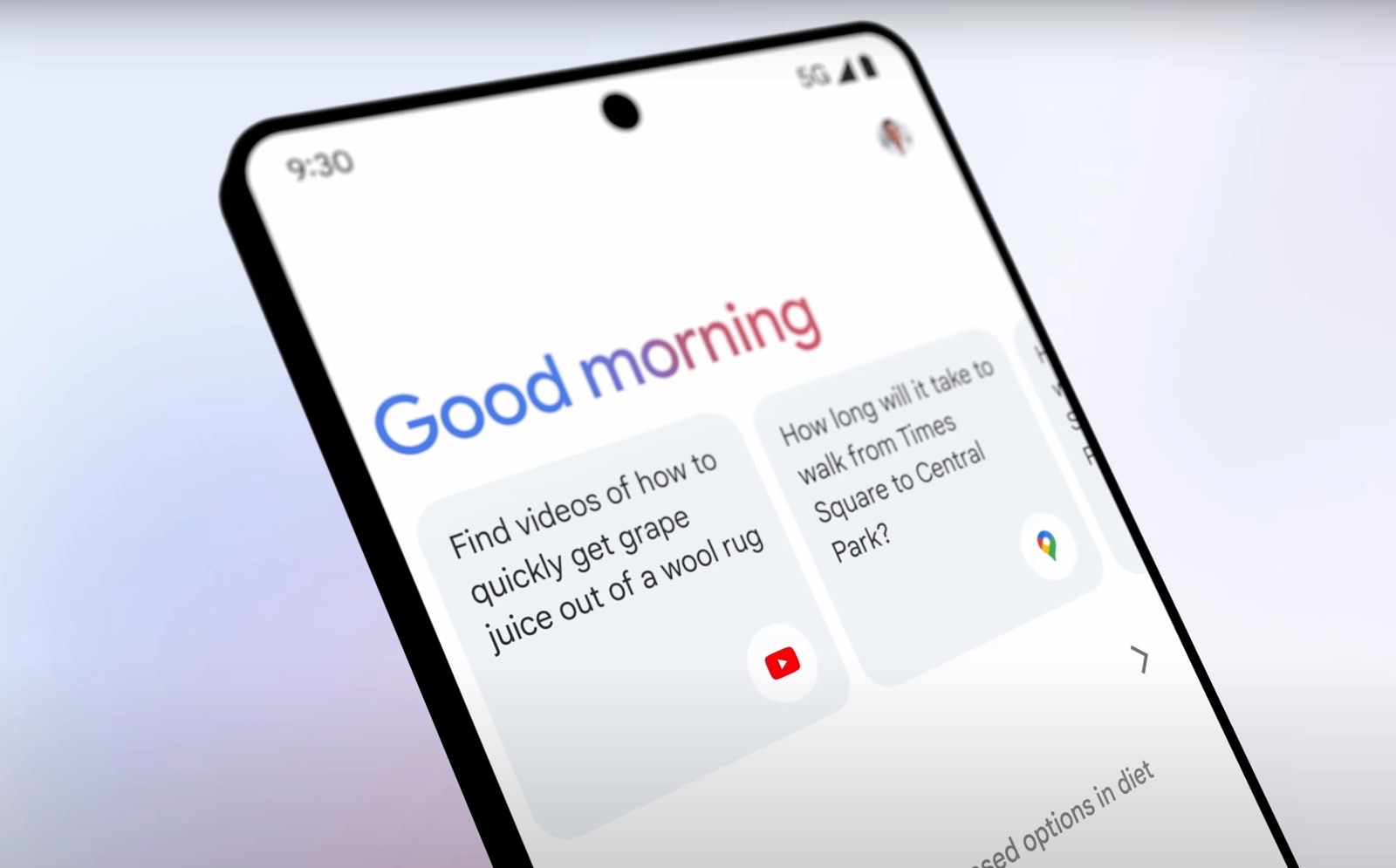A few weeks ago, we learned that hardware limitations prevented Google from bringing Gemini Nano to the Pixel 8. Gemini Nano would only be available on the Pixel 8 Pro. Naturally, this wasn’t great news for Pixel 8 owners who opted for the cheaper model.
Gemini Nano is a large language model that can power on-device generative AI features on mobile phones. It’s also a Google-made AI model and the company’s only LLM that can run on phones right now. That’s why it’s incredibly important for Google to have Gemini Nano run on its Pixel flagships before any other Android device gets it.
It turns out that Google managed to find a way to bring Gemini Nano to the Pixel 8 after all. The next Android 14 Feature Drop will bring Gemini Nano to the base Pixel 8.
The Pixel 8 and Pixel 8 Pro have similar hardware when it comes to processing power. They feature the same Tensor G3 chip, but they have different amounts of RAM. Google included 8GB of memory in the Pixel 8 and 12GB in the Pixel 8 Pro.
A few weeks ago, I pointed out that the base Galaxy S24 can run Gemini Nano, even though it features just 8GB of RAM. I also said that you should see what Google ends up doing before you pick your next Android phone. If generative AI is something you want from your smartphones, and if you care about on-device AI processing, you already pay attention to specs like RAM. That’s especially important for phones like the upcoming Pixel 8a and Pixel 9.

Google apparently managed to optimize Gemini Nano for the Pixel 8 after all. It said so in a statement to Phandroid:
We’ve seen a lot of excitement from users and developers since Pixel 8 Pro became the first smartphone to get Gemini Nano last year. Running large language models on phones with different memory specs can deliver different user experiences, so we have been testing and validating this on Pixel 8. We’re excited to provide the opportunity for more enthusiasts and developers to try out Gemini Nano, where we hope to get more feedback and see more innovation.
On-device AI is important for a few reasons. First, the data you share with the AI model doesn’t leave the device. This improves security and privacy.
Second, the performance might improve, as all the processing is done on the device.
Finally, it reduces cloud processing costs for Google. Again, the prompts are processed on the phone rather than Google’s servers. This also means you won’t have to pay a subscription to cover the costs of on-device AI.
So, what are the Gemini Nano on-device AI features that Google supports? It powers the Smart Reply feature in Google’s Gboard keyboard. You can use it in chat apps, and that’s why on-device AI is so important. You’d want the personal contents of chats not to leave your device.
Moreover, Gemini Nano can summarize transcripts from the Recorder app. These can also contain sensitive data, so on-device processing is appreciated.
It might not sound like a lot, but we’re in the early days of generative AI processing on devices.
The Pixel 8 Feature Drop that will bring Gemini Nano support should be part of Google’s next Android 14 update in June.







